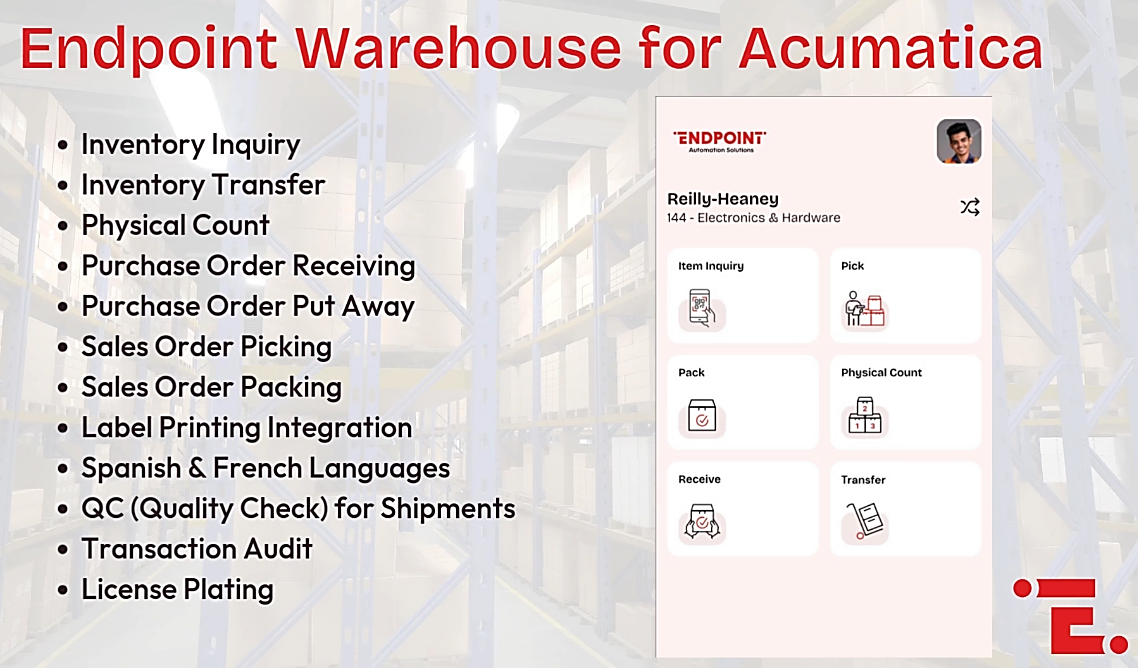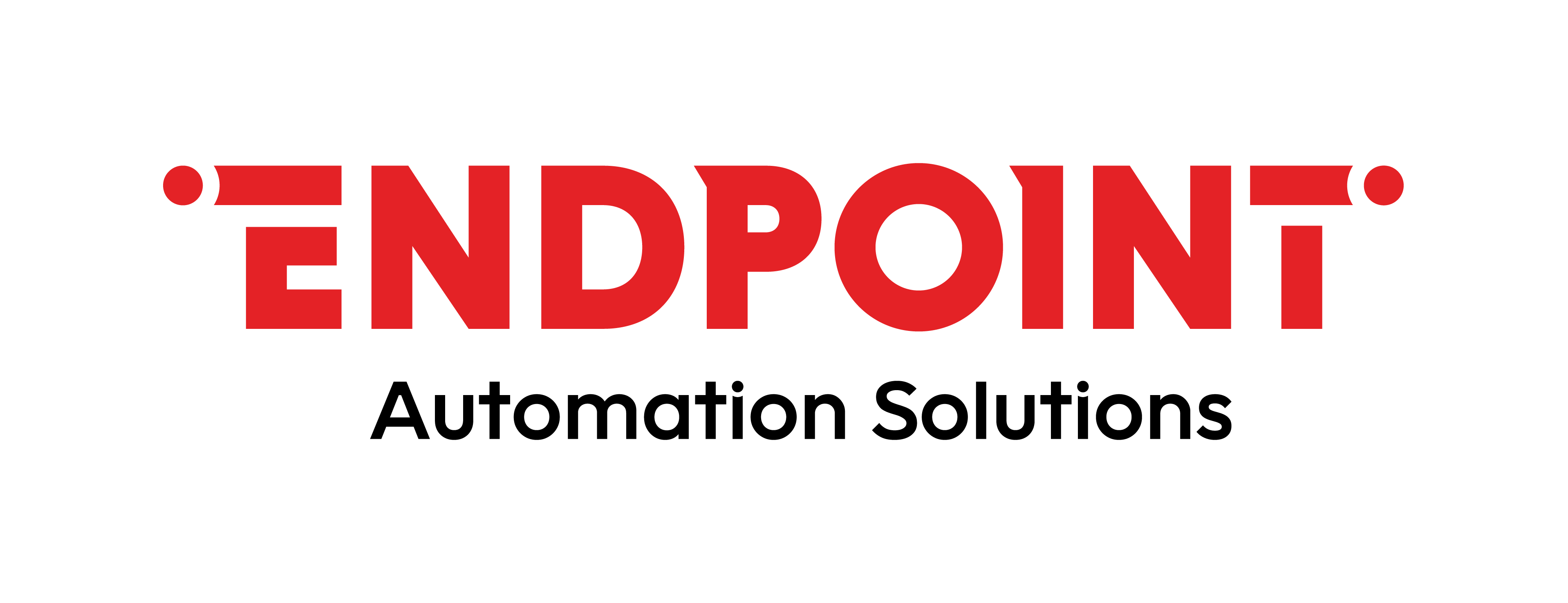March 5th 2025 10:26:27 AM
6 Operational Challenges in the Chemical Industry (and How You Can Solve Them with Software)
July 10th 2024 11:59:04 AM

The chemical industry is a business that has specific rules and regulations to follow. Along with doing what’s necessary to stay profitable, it must remain compliant and collect meaningful data along the manufacturing process. With so many steps involved, keeping the data organized and up-to-date manually would be very challenging. The right software can help your authorized users stay up-to-date on where your products are in the manufacturing process — and keep customers satisfied.
6 Operational Challenges in the Chemical Industry
1. Compliance
Chemical companies have to deal with multiple rules and regulations to remain compliant. Depending on the products your company produces, you may be subject to guidelines by one or more of the following agencies:
- Environmental Protection Agency (EPA)
- Food and Drug Administration (FDA)
- Good Manufacturing Practices (GMP)
- Occupational Safety and Health Administration (OSHA)
Suppose you export products to the European Union; in that case, you may also be subject to REACH (Registration, Evaluation, Authorization and Restriction of Chemicals) guidelines.
2. Hazard Analysis
Information needs to be gathered at several points during the manufacturing process, from supplier purchase orders, to production, to finished products. Hazard analysis information is required to comply with the EPA and other agencies, and to track the chemical industry’s carbon footprint.
Manufacturers can track their processes that produce waste, scrap, and byproducts. With this information in hand, executives can work with the EPA to remain compliant.
Chemical companies can also optimize their resources by shifting resource-intensive work to off-hours, which saves on energy costs.
3. Lack of Inventory Visibility
Chemical company employees need to know where to find inventory in real-time. Some companies have multiple warehouses, which complicates keeping up with inventory use. They need to be able to monitor and track inventory in numerous categories, such as:
- Container for bulk products in their final receptacle (bag, drum, pallet, railcar)
- Disposition (tracks whether a product can be used for sale or isn’t usable)
- Grade
- Lot number
- Serial numbers
- Shelf life
Software that can store these elements for each product makes tracking inventory much more streamlined for a chemical company. Otherwise, users would need to search for components and completed items in several measurements.
4. Formula Management
Chemical companies must rely on formulas to track their material usage and maintain detailed records to ensure their final products are consistent. Formula management includes:
- Tracking multiple measurements
- Integrating formulas with inventory
- Ordering supplies
- Scaling production to meet demand
The right software will assist you with formula management, allowing you to track formulas with your production schedules and supply chain. You’ll also be able to include your cost distributions, as well as substituting higher- or lower-cost chemicals to achieve the same results.
5. Quality Control
Quality control is a vital part of work the chemical industry, as it’s critical for companies to ensure the quality and safety of their products. Quality control occurs at several steps in the manufacturing process, from incoming materials, to tracking standing inventory, to checking batches of the finished product. The company must also be ready to respond quickly to a recall that requires locating and removing all batches of affected materials from its facility.
During formulation, chemical companies conduct research and development (R&D) to build the best formulas while keeping costs down. Their formulas need to be constantly improved, which means R&D is an ongoing process. Chemical companies require the right tools to track and compare the results of their research, changes to formulas, and results.
6. Scrapping or Reworking a Batch
Finding out that a batch doesn’t meet regulatory compliance or control standards is very frustrating. It means the batch must be scrapped or reworked.
- Scrapping a batch is the least attractive option, since the company must absorb the costs of manufacturing the batch for no financial gain
- Reworking the batch means combining the original costs (overhead, materials, and labor) with the additional charges (overhead, materials, and labor) of making the required adjustments to meet quality standards
- Reblending may work if the company can label the product as using off-spec materials; the finished product needs to be marked accordingly, and the pricing will need to reflect its status
In each instance, you’ll want to be able to track all the variables involved before making a decision. Software makes it much easier to input numbers to give you a complete picture and weigh your options.
Scanco OPS for Sage Intacct: A Customizable, Robust Tracking Tool
Scanco OPS is a powerful software solution designed for use with Sage Intacct. With Scanco OPS for Sage Intacct, you can track everything in one system:
- Finished Goods
- Materials
- Inventory
This software also allows you to customize fields for your specific needs. You can add dates, units of measurement, formulas, steps, lot and serial numbers, and batch numbers. Scanco OPS allows you to create any fields necessary to keep your company running smoothly.
Scanco OPS for Sage Intacct is flexible enough to allow you to attach documents. You can keep the latest versions of all regulatory requirements in one location, so your team won’t waste time looking for critical information or — more importantly — get caught relying on out-of-date regulations.
This solution allows you to automate the process by eliminating data entry, reducing the risk of errors and making the information available in real-time. And Scanco OPS for Sage Intacct is cloud-based, which means you can run it on any browser you’re currently using.
If you’re working in the chemical industry and are dealing with any of the operational challenges listed above, Scanco OPS for Sage Intacct can help your business track anything and become more efficient. Contact us online or call (330) 645-9959 to make an appointment with a Scanco Solutions Expert to learn more today!













